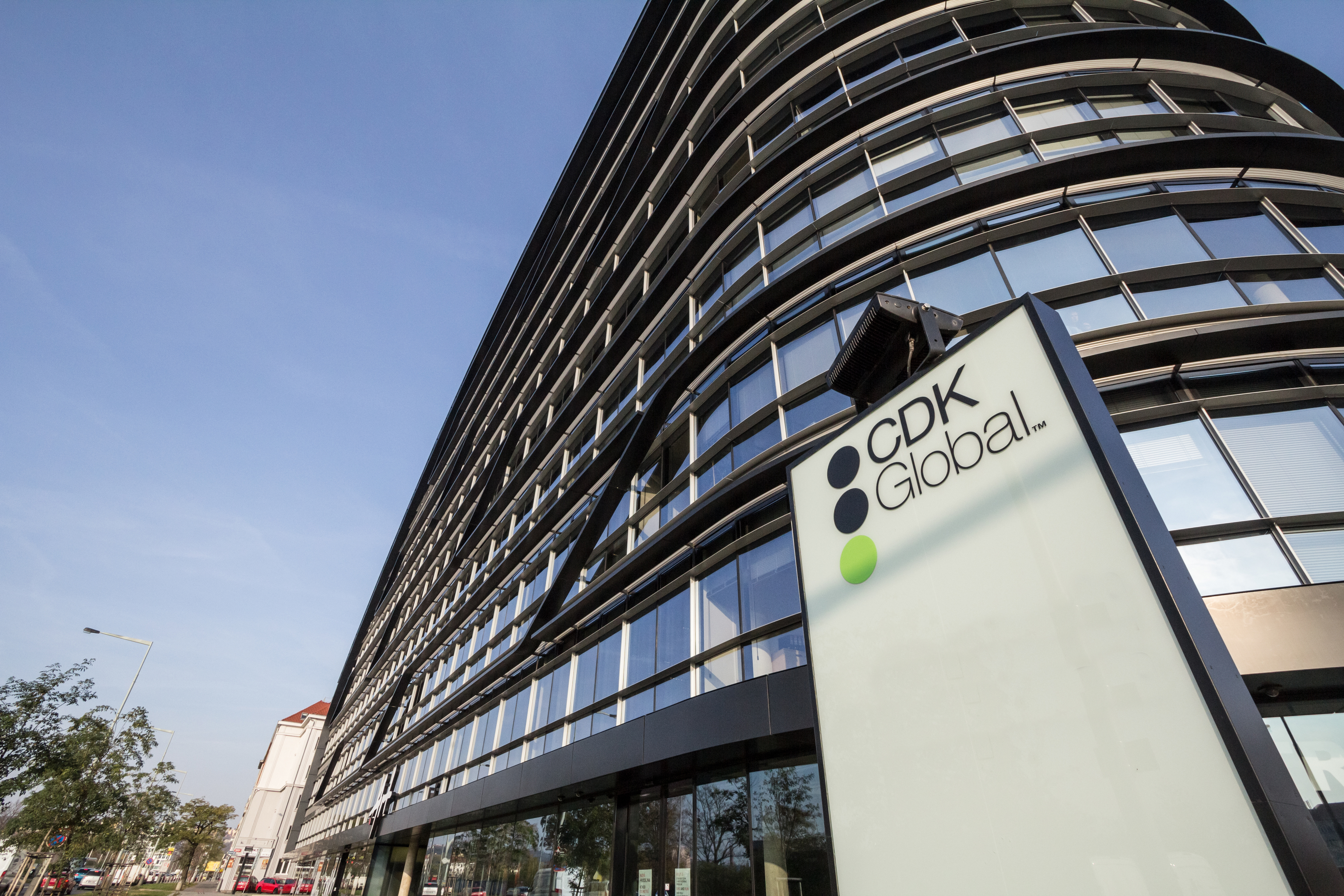In June 2024, CDK Global, a crucial software provider for auto dealerships, experienced a severe cyberattack by the ransomware group BlackSuit. The attack began on June 19 and led to the shutdown of CDK’s systems until July 5, significantly impacting dealership operations across North America. This incident left approximately half of the nation’s car dealerships struggling to maintain operations, forcing many to revert to manual processes.
Operational Disruptions and Financial Impact
The cyberattack resulted in significant financial losses. Anderson Economic Group estimated the total impact at over $1 billion, revising their initial estimate of $944 million. This revised figure includes revenue losses from approximately 56,200 new car sales, earnings losses on parts and services, additional staffing and IT costs, and increased floor plan interest costs on unsold inventory. The disruption forced dealerships to return to pen-and-paper methods, significantly slowing operations and reducing efficiency.
Ransom Payment
CDK Global paid a $25 million ransom in cryptocurrency to the attackers. This payment, equivalent to 387 bitcoins, was confirmed by multiple sources, including Chris Janczewski of TRM Labs, as well as through on-chain data. Although CDK has not officially confirmed the payment, evidence suggests it was facilitated by a firm specializing in ransomware response.
Impact on the Auto Industry
The attack had widespread repercussions across the auto industry. Major publicly traded dealership groups such as Group 1 Automotive, Lithia Motors, AutoNation, Sonic Automotive, and Asbury Automotive Group reported significant disruptions. J.D. Power and GlobalData projected a 5.4% decline in U.S. retail sales for June 2024 due to the attack.
Automakers also felt the impact. General Motors acknowledged potential delays in deliveries and sales impacts, with a 0.6% gain in the second quarter and a 0.4% decline for the first half of 2024. Stellantis reported a 21% drop in U.S. sales for the second quarter, while Ford managed a 0.8% increase in sales but noted broader industry challenges due to the attack.
Detailed Breakdown of the Attack
On-chain investigator ZachXBT revealed that CDK Global transferred approximately $25 million worth of Bitcoin to a cryptocurrency account controlled by BlackSuit on June 21. This transaction was corroborated by blockchain intelligence platform TRM Labs. The use of cryptocurrency facilitated the ransom payment outside the traditional banking system, although blockchain’s transparency allowed for tracking the transaction.
The ransom was paid through a firm specializing in handling ransomware demands. Despite paying the ransom promptly, CDK Global waited a week to fully restore services, likely to enhance security measures and address any residual vulnerabilities.
Federal Guidance and Ransomware Trends
Federal officials generally advise against paying ransoms, as it can encourage further attacks. However, some companies, like CDK Global, feel compelled to pay to recover data or restore systems. The $25 million ransom paid by CDK highlights the growing threat and impact of ransomware attacks. BlackSuit, the group behind the CDK attack, has a history of ransomware operations under various names since 2019. In 2023, cybercriminals extorted a record $1.1 billion from organizations worldwide.
Response from CDK and Future Outlook
The cyberattack on CDK Global and the subsequent ransom payment exemplify the escalating threat landscape faced by industries reliant on third-party software providers. This incident not only disrupted thousands of dealerships but also demonstrated the vulnerabilities in centralized systems. The automotive sector, heavily dependent on seamless software operations, experienced significant operational and financial strains. As organizations navigate these challenges, the importance of rigorous cybersecurity measures and resilient response strategies becomes ever more critical.
How Can Netizen Help?
Netizen ensures that security gets built-in and not bolted-on. Providing advanced solutions to protect critical IT infrastructure such as the popular “CISO-as-a-Service” wherein companies can leverage the expertise of executive-level cybersecurity professionals without having to bear the cost of employing them full time.
We also offer compliance support, vulnerability assessments, penetration testing, and more security-related services for businesses of any size and type.
Additionally, Netizen offers an automated and affordable assessment tool that continuously scans systems, websites, applications, and networks to uncover issues. Vulnerability data is then securely analyzed and presented through an easy-to-interpret dashboard to yield actionable risk and compliance information for audiences ranging from IT professionals to executive managers.
Netizen is an ISO 27001:2013 (Information Security Management), ISO 9001:2015, and CMMI V 2.0 Level 3 certified company. We are a proud Service-Disabled Veteran-Owned Small Business that is recognized by the U.S. Department of Labor for hiring and retention of military veterans.
Questions or concerns? Feel free to reach out to us any time –
https://www.netizen.net/contact



